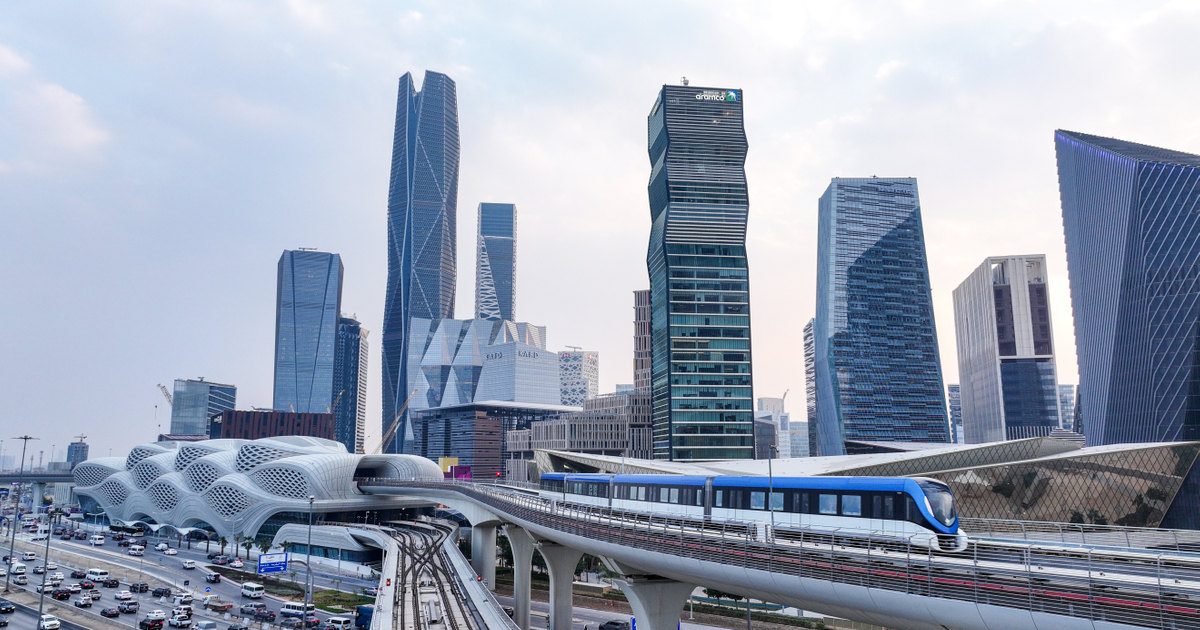17% of employees use AI to avoid co-worker judgment, says report: But workplace connection ‘is a key to finding happiness’
Socializing at work can be nerve wrecking, but connecting with colleagues is key for your wellbeing, says expert.

As AI becomes more advanced and prolific in the workplace, employees find new ways to use it to improve their performance.
In Microsoft's recent 2025: The Year the Frontier Firm Is Born report, the company wanted to get a sense of how people use AI in the workplace. Among their questions for the 31,000 workers across 31 countries they surveyed was, "in the past year, which tasks have you relied more on AI for than a human colleague?" says Alexia Cambon, senior research director at Microsoft. They found workers turn to AI more often than people for help with information search, data analysis, brainstorming and creative thinking.
Microsoft's follow up question was "why?" says Cambon.
While many choose the tech for its 24/7 availability and its "endless stream of ideas on demand," some turn to it for more emotional reasons. Nearly a fifth, 17% of people working on the aforementioned tasks turn to AI more than a colleague for "fear of human judgment," Microsoft found.
Happiness expert and TEDx speaker Jessica Weiss is not surprised that for some people, AI "starts to become a stand-in for human connection. But oftentimes and unfortunately, it's not for the better."
Here's why she believes people are leaning into AI in this way and how to avoid doing it.
'There's a bit of that social anxiety hangover'
Human interaction can be nerve wracking — especially in the workplace, which has its own unique culture.
"I think that we're all plagued with social awkwardness," says Weiss. The pandemic only compounded that, she says, and even though it's been five years, "I do feel there's a bit of that social anxiety hangover." So it's no wonder people are afraid of being judged.
But it's critical to interact with people, even in the workplace. "Connection and friendship at work is a key to finding happiness and satisfaction at work," she says.
'Use AI to kind of grease the wheels of collaboration'
Try to have "just one interaction, just one conversation, just one collaboration" at work, regardless of how hard it is, says Weiss. It makes "a huge difference" for your well-being.
And AI can help with this. "Use AI to kind of grease the wheels of collaboration," she says, "but not to replace collaboration."
Turn to your generative AI tool of choice, for example, to ask it how to start work conversations that make you a bit nervous to. Or use it to generate ideas before a brainstorm that can give your team a foundation to build their next product on.
AI can be a great tool, but the point is to "use AI to improve connections at work," says Weiss, not replace them.
Do you want a new career that's higher-paying, more flexible or fulfilling? Take CNBC's new online course How to Change Careers and Be Happier at Work. Expert instructors will teach you strategies to network successfully, revamp your resume and confidently transition into your dream career. Sign up today and use coupon code EARLYBIRD for an introductory discount of 30% off $67 (+taxes and fees) through May 13, 2025.
Plus, sign up for CNBC Make It's newsletter to get tips and tricks for success at work, with money and in life.


 BigThink
BigThink 































